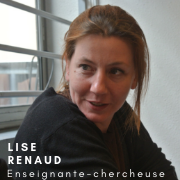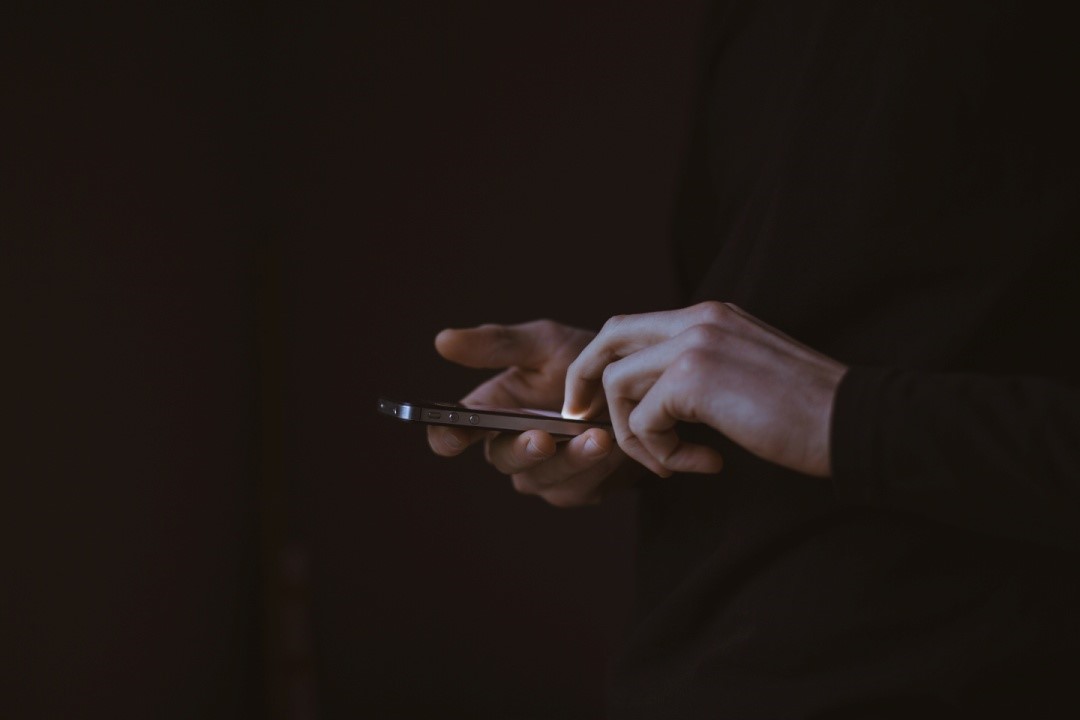[Portraits] Lise Renaud, teacher-researcher at the CNE

1- What is your research about?
Since my DEA and then my doctorate at Lyon 2, my research has focused on the imaginary of the digital world and the discourses that escort the social insertion of computerised media. My position is not that of an unmasking but consists more in considering that these imaginaries are socially structuring. I have mainly developed this reflection from analyses of promotional discourses of mobile phones and from a semiotics of digital interfaces. Since my recruitment at Avignon University in 2013, my research has found in the field of culture and heritage a particularly favourable ground to study the values and figures associated with the digital.
2- What is your scientific news?
I am currently leading two research projects on the implementation of the Histopad at the Palais des papes. The first one, POLI-APP, is centred on the study of design strategies for digital devices to assist interpretation. It is funded by Agorantic and brings together political scientists, medievalists and researchers in information and communication sciences. The second is a study of the reception of the histopad based on the intersection of quantitative data generated by the use of the tool and a qualitative analysis of visitor behaviour. It is being carried out in collaboration with Avignon Tourisme, the Popes' Palace and the Histovery company.
In the framework of this reflection, we have co-written two articles with a colleague from Lyon, one of which, La médiation numérique au musée en procès (Digital mediation in the museum on trial), will be published in May (https://journals.openedition.org/rfsic/). We also have two papers to present at symposiums scheduled for the spring.
3- Why did you choose to work in academic research?
At the end of my master's degree in Info-Com, when I was asked to take up a position as a project manager in an agency, I chose to continue in the field of university research because I was keen to continue learning, analysing and deconstructing what may seem natural in our daily lives. To be always in reflection in a space of freedom of thought was the main driving force of my approach. This choice of path also owes a lot to the researchers who taught me semiotics, media and discourse analysis, economics and communication policies at the University of Lyon2.
4- What advice would you give to students who want to do research?
My main advice would be to choose a subject that is close enough to your heart to be able to "live with it" for several years. Research can be obsessive; it is made up of doubts, of questioning which are so many stages of progress but which require a certain obstinacy; therefore it is better to favour a theme or a field in which the researcher finds recreational aspects.
5- Which object or image from your research best illustrates you?

This image, taken from an image bank, illustrates the extent to which, with this kind of staging, the mobile phone carries values that transcend it (modernity, power, sensuality, etc.).
Photo by Gilles Lambert on Unsplash
Mis à jour le 26 March 2023